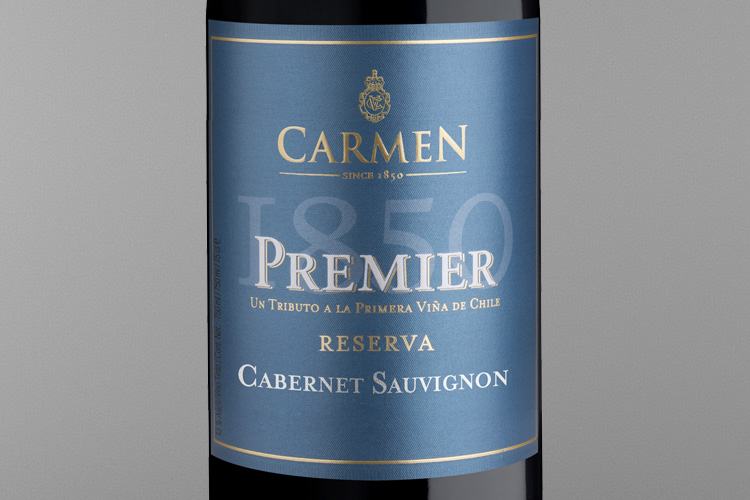Viña Carmen certifies more tan 10 wines as vegan

Regarding with the global trend towards a more conscious consumption of products, the V-Label seal promotes transparency and trust with the certification of food and beverages free of animal inputs, facilitating their recognition by consumers.
Veganism is experiencing a real boom in the world, whose world day is celebrated on November 1. Whether for environmental awareness, health or even religious reasons, the number of people with this type of diet has increased strongly, especially in countries such as the United States, Australia, Canada and the United Kingdom. In respect of UK, the country has even seen a 350% rise in the number of people who identify as vegan in 10 years, making it one of the fastest growing lifestyle movements.
According to Statista, 5% of the world’s population is already vegan and the consumption of vegetable protein-based products is expected to grow by over 14% between 2020 and 2035, led by Latin America and Asia-Pacific. Also, the market value of these products is projected to increase fivefold, from USD 29.4 billion in 2020 to around USD 162 billion by 2030.
There has been a significant increase in both the quality and diversity of vegan products and services, where the wine sector is not far behind. Although since the 2018 harvest all the wines and sparkling wines of the Chilean vineyard Carmen are suitable for vegans, the company certified this year, in the first instance, a total of 13 wines with V-Label, the most popular vegan label of Swiss origin which is worldwide recognized.
“Obtaining this seal reaffirms our commitment to promoting a better lifestyle worldwide, respectful with animals and the environment, making us a real alternative for all those consumers who, in addition to being vegan, demand top quality products. This seal, which promotes transparency and clarity, facilitates informed and responsible purchasing, also allowing consumers to easily and reliably identify vegan wines at points of sale”, explains Jaime de la Barra, winery´s Winegrowing Director.
Among the certified wines is Premier 1850 for its varieties Cabernet Sauvignon and Sauvignon Blanc also Insigne Chardonnay, Cabernet Sauvignon, Merlot, Sauvignon Blanc y Syrah.
Just to be clear, what animal ingredient does wine have? Although it is produced from grapes, clarifying agents of animal origin are sometimes used in its vinification and elaboration process, such as egg albumin, milk casein, gelatin or isinglass, which help to eliminate natural impurities from the wine. In the case of vegan wines, the clarification process does not use inputs of animal origin, but rather inert products, vegetable or clay finishes, with which the same final effect is achieved.